
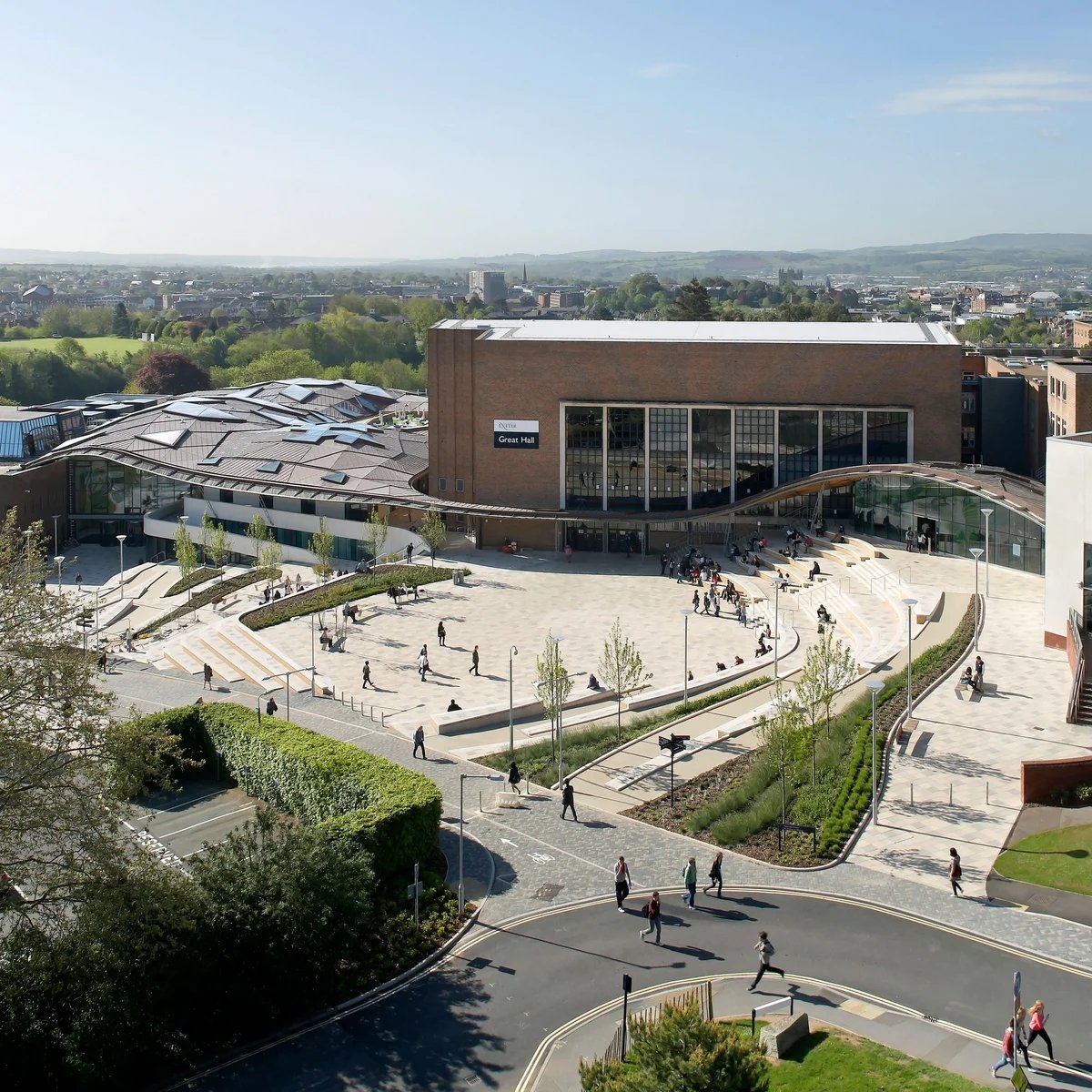
Between November of 1993 and August 1994, my attempts to find computer-related work proved unsuccessful, mainly due to the fact that, although I could both build and program small computer systems by that time, I had no computing-related qualifications. I ended up doing a series of part-time jobs in order to make ends meet, including making sandwhiches for a small local catering firm - a job that entailed getting up at 3.00 a.m.!
One of the job interviews I attended during that time was with a small independent software company in Ashburton. The owner of the company interviewd me himself. Although impressed with my computing knowledge, he turned me down for the job because of my lack of formal qualifications, remarking that if I had a degree in computing he would emply me on the spot. That was a turning point for me, and I decided to apply for a University course in computing.
I had an interview with Exeter University which, had I been successful, would have been ideal. One of the few "red brick" universities in the country, Exeter has an excellent reputation and was also local to me. Unfortunately, they wanted me to successfully complete a one-year Access course first, and I didn't want to wait.
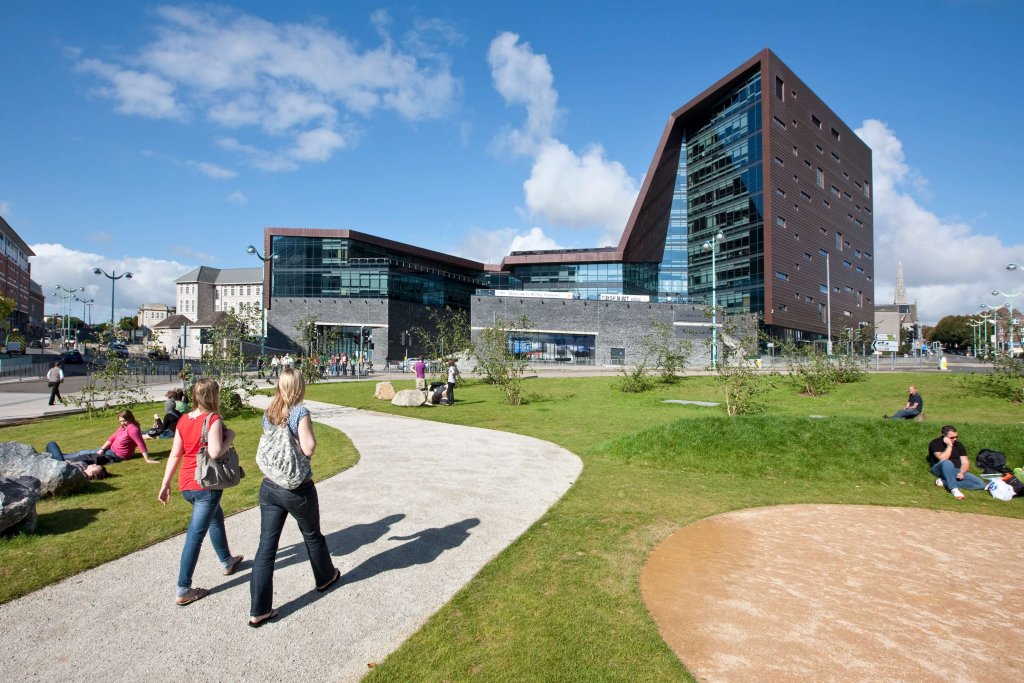
I had better success with the University of Plymouth, and was able to begin an honours degree course in Computing and Informatics in September 1994. I thought I might struggle to keep up with the other students, having not been engaged in any academic activity in many years.
As it turned out, I came top in my first year out of 73 students in my class. One big advantage I had was my in-depth prior knowledge of several programming languages including assembly language, as well as my familiarity with computer hardware. It also didn't hurt that I had considerable experience in business practices, including accounting procedures.
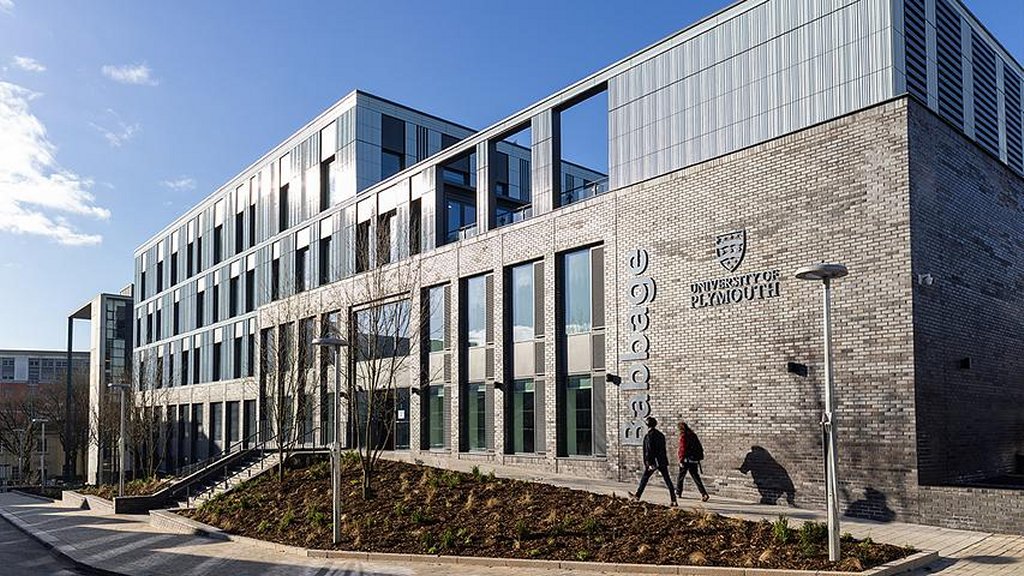
During the four years of my course, much of my time was spent either in the university library or in the Babbage building, where many of the Computing and Informatics lectures took place, and which was home to a number of computer laboratories.
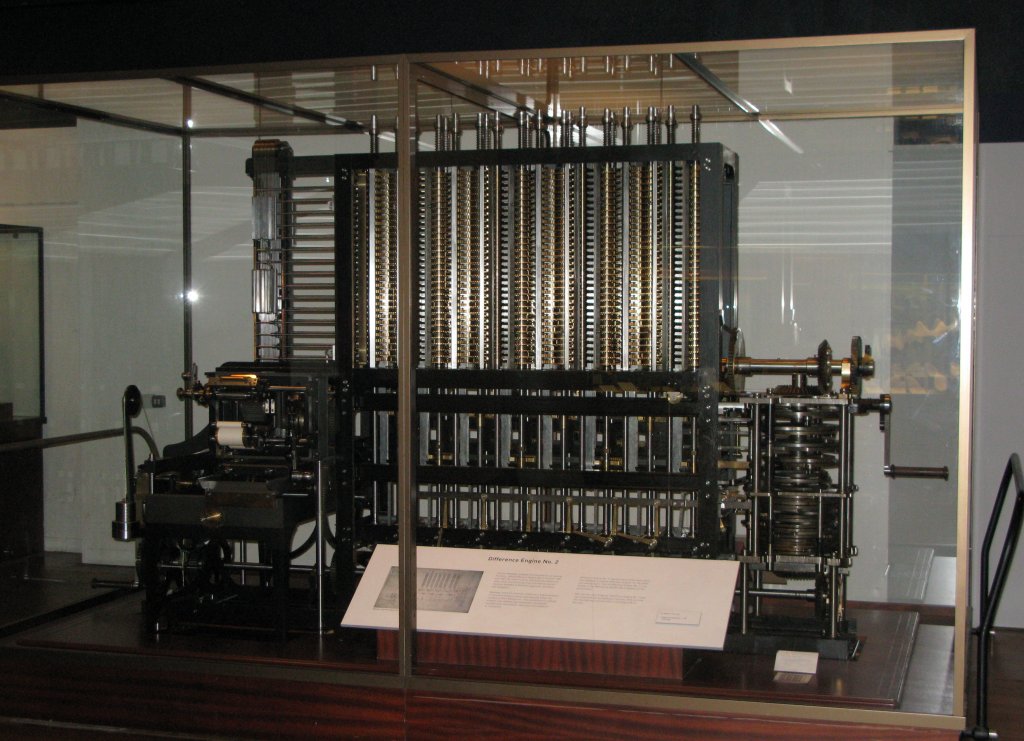
The Babbage building is named after Charles Babbage (1791-1871), one of the pioneers of modern computing. Babbage conceived the idea of a digital programmable computer, and designed what is thought to be the world's first mechanical computer.
This "Difference Engine", as he called it, was not built duriing Babbage's lifitime, although a fully functional device was built according to his design in 1991, and can be seen in the Science Museum in London.
He later designed several versions of a more complex mechanical computer which he called the "Analytical Engine", and which would have embodied all the essential concepts found in modern computers had its construction been completed.
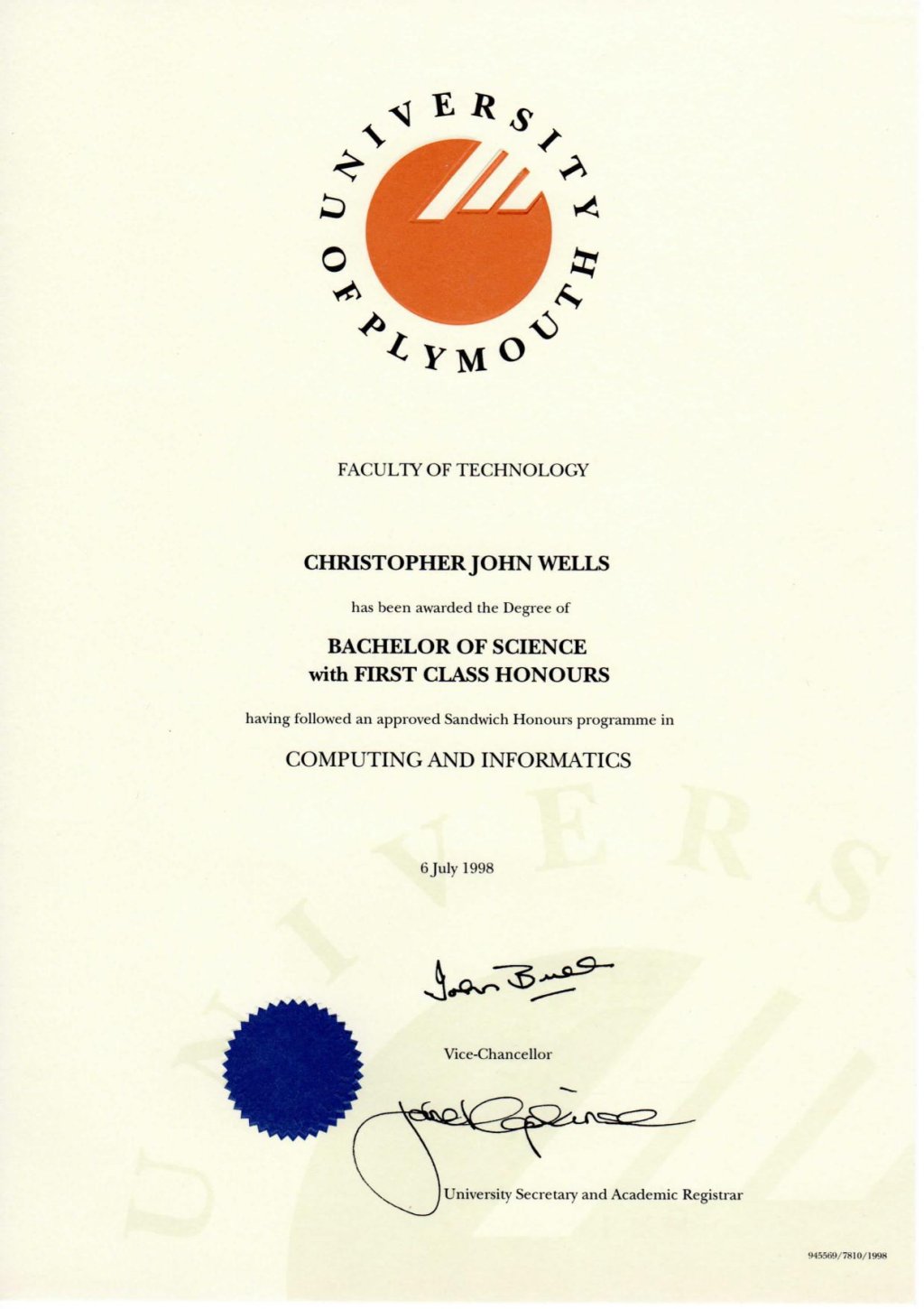
In the summer of 1998, after four years at the University of Plymouth, I was one of only five student in my class to be awarded a First Class Honours degree in Computing and Informatics - the highest award possible.
In those days, considerably less than ten per cent of students were awarded a "First" (today it's over thirty per cent, which some commentators attribute to grade inflation rather than a general increase in academic ability).
Needless to say I was more than happy with this outcome. I had finally proved to myself and the World that I could achieve something worthwhile if I put my mind to it, and it stands to this day as one of the major milestones of my life.
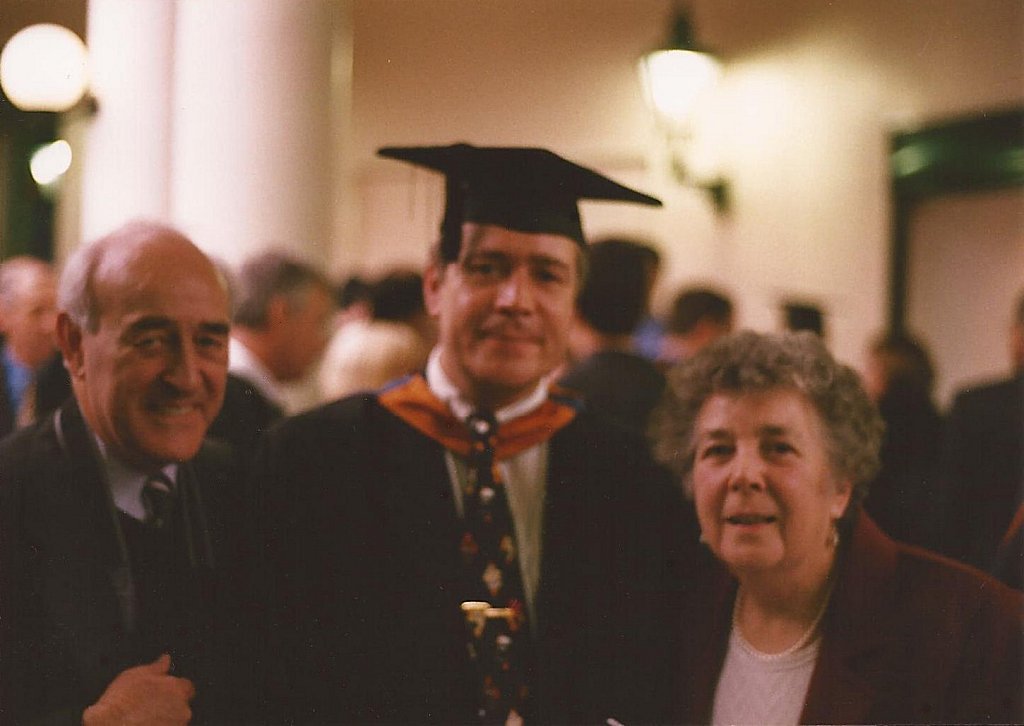
I attended the graduation ceremony - well, I wasn't going to get out of that one!
Several members of my close family were in attendance, including my Mum and Dad. I think my parents were especially pleased, because they always maintained that I should have done better in school.
Unfortunately, most teenagers have little or no idea of what they actually want to do in life. Had I attended technical school after I finished primary school instead of grammar school, things might have turned out differently.
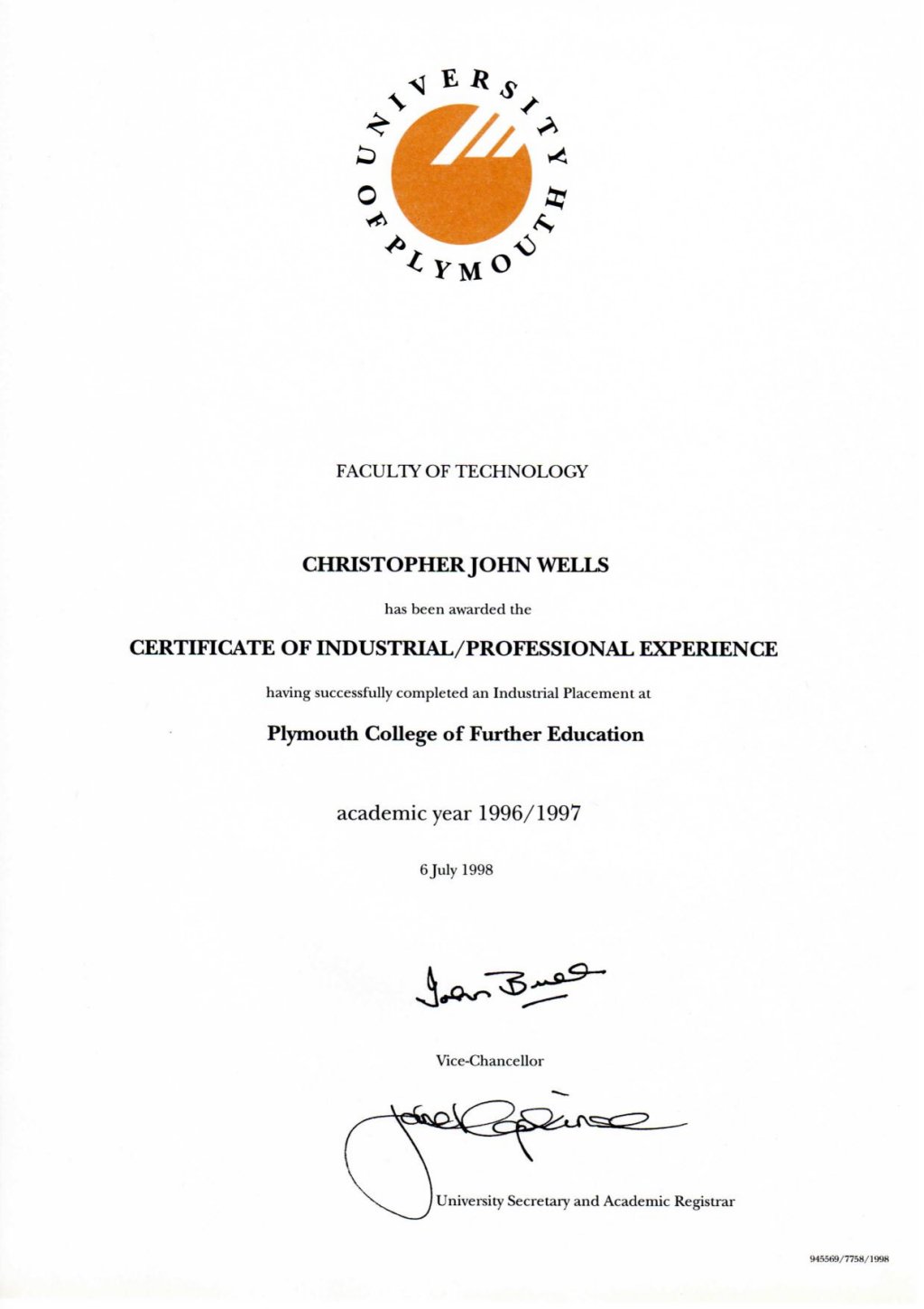
Having achieved what I set out to do, namely achieve a high-level qualification in the field of computing, I was now far better equipped to find a job.
In fact, by the time I graduated I had already had an offer of work from Plymouth College of Further Education, which is where I spent my Industrial/Professional Experience placement during the 1996/1997 academic year, working on various innovative educational projects funded by the European Union.